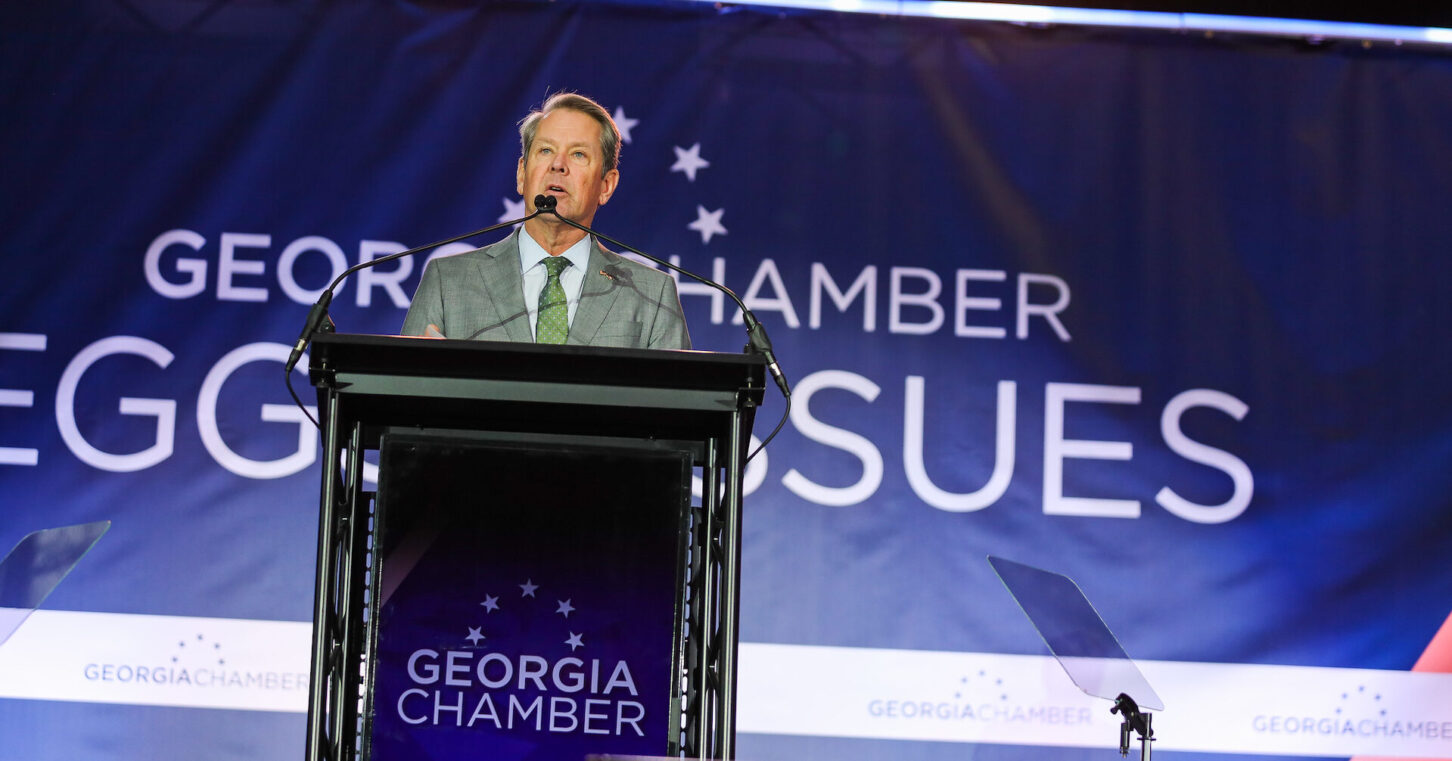
Imagine going into the voting booth each election cycle and not having any privacy when you cast your vote for your elected officials. Absurd, right? Not when it comes to workers deciding union representation at the workplace. Visualize having to decide whether or not you want union representation, openly, in front of all your friends and coworkers. The pressure and the implicit coercion are tactics deployed in an effort to compel employees to endorse a particular agenda.
Too often, this is the experience of workers who are being targeted by big labor for unionization of their workplaces. In Georgia and as Americans, we believe that everyone has the right to work free from intimidation, and that decisions about who we choose to represent us – whether public officials or within the workplace – deserve to be made privately without others knowing our selection. It’s about sanctity of the ballot box and the right to privacy.
Unfortunately, for many employees, unions prefer to pursue their workplace unionization efforts through the process of collecting signatures, in full view of their coworkers or by repeated visits to their homes – a process called “card-check”.
Many times unions have refused to take no for an answer. According to congressional testimony, “Visits to the homes of employees who didn’t support the union were used to frustrate them and put them in fear of what might happen to them, their family, or homes if they didn’t change their minds about the union. In most cases, constant pressure at work and home was enough to make workers break and at least stop talking against the union—neutralizing them, so to speak.”
Once a majority of the workers have signed the cards, the union is certified and given a monopoly to represent all workers at the worksite. However, it doesn’t have to be this way. Employers can protect the rights of their employees and demand an election by secret ballot.
States have tools at their disposal that can encourage employers to protect workers’ right to a private ballot in union elections. In 2023, Tennessee became the first state in the nation to prohibit granting taxpayer incentives to employers that fail to protect employees’ private ballot vote on union representation. The law sends a strong signal for the way forward for workers and their employers in the Volunteer State: to do business with us, you must protect your employees right to a secret ballot.
Now, Gov. Brian Kemp and the state legislature are endeavoring to bring similar protections to the Peach State. Thanks to the leadership of the administration, alongside bill sponsor Sen. Mike Hodges and many others, Georgia is poised to become just the second state in the country to implement a law that protects workers’ right to a private vote for companies that receive taxpayer incentives.
This legislation, SB 362, also protects Georgia taxpayers from subsidizing companies that refuse to protect their employees from unnecessary and unjust forms of union intimidation in their workplaces. Any company that takes any state economic incentive dollars – in other words, benefits from receiving monies collected from Georgia taxpayers – would be legally required to ensure a private ballot in union organizing elections. Not only will this honor the interests of workers, but also the hardworking Georgians who believe in the spirit of right-to-work and the just cause of insulating workers from coercive workplace tactics.
As former UAW member and current Ford employee Terry Bowman with the Institute for the American Worker notes, “But even with right-to-work protections in place, employees still face union intimidation when it comes to how workers decide whether they want to unionize. Union organizing campaigns can be stressful on a worker… I know first-hand workers who are afraid of pushing back. There is a fear factor, a tense apprehension about saying anything against union executives or deviating from what they tell you to do.”
As states are designed to operate as laboratories of democracy, we anticipate that more will soon follow both Tennessee Gov. Bill Lee’s and Gov. Brian Kemp’s leadership – who serve as the Republican Governors Association Chair and Vice Chair respectively.
To be pro-freedom is to be pro-worker freedom. Georgia has been on the record as a state committed to pursuing policies that expand individual liberty, autonomy and accountability, so embracing this latest proposal by legislative leaders and the administration makes good sense. Workers across Georgia – indeed, across America – deserve these protections. Georgia can help fortify a better workplace for employees and demonstrate to other states how to stand for the basic rights of American workers everywhere.